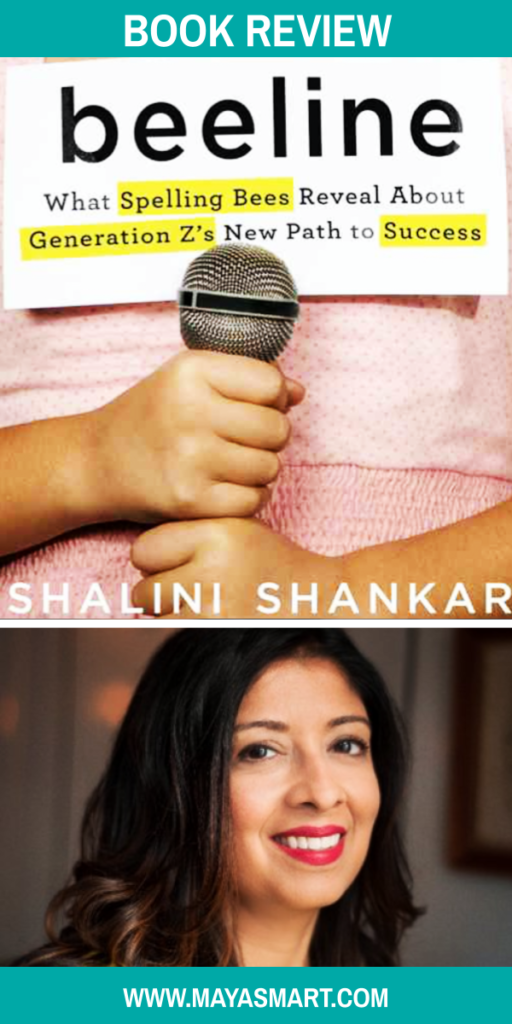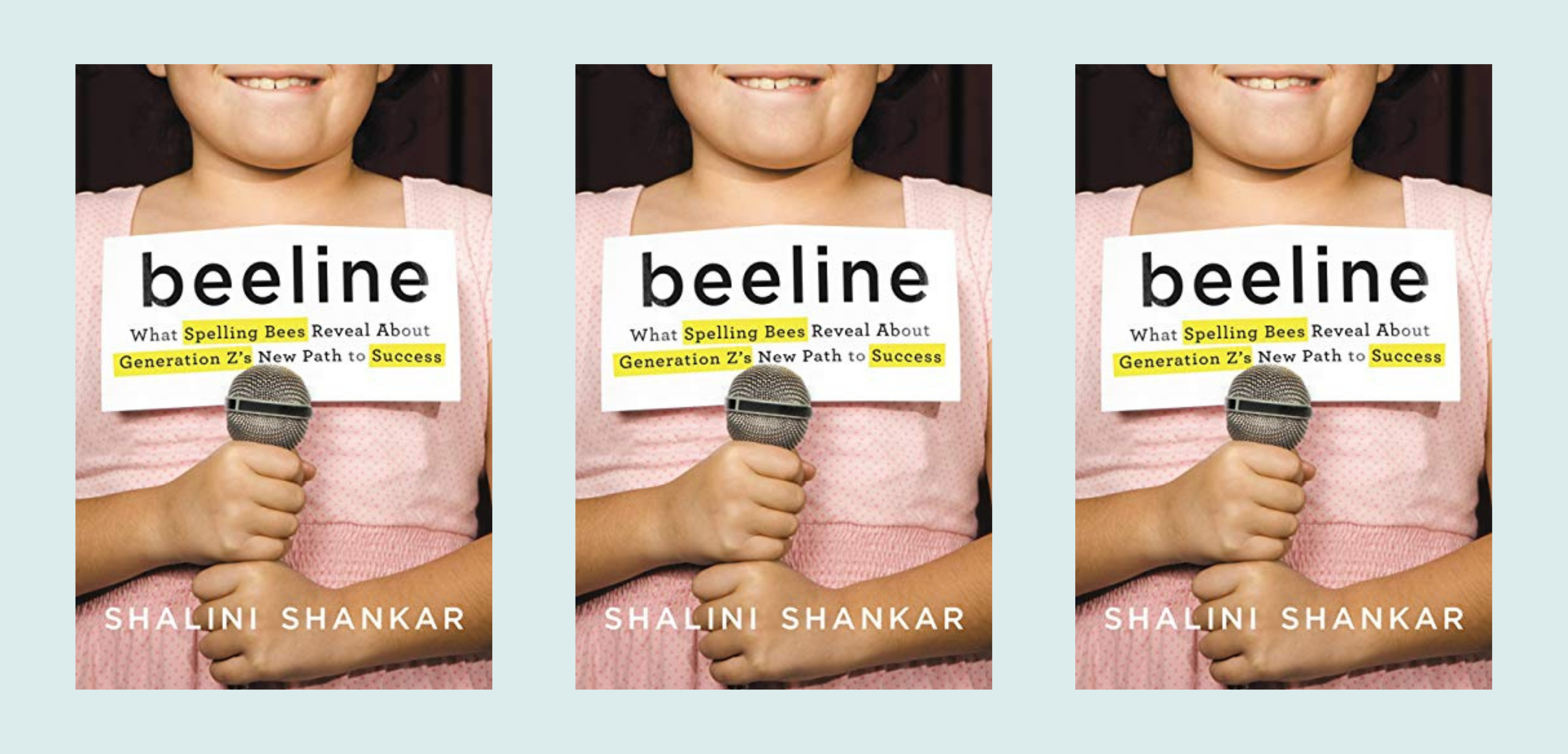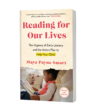Can you spell sesquipedalian? Well, the children featured in anthropologist Shalini Shankar’s Beeline: What Spelling Bees Reveal About Generation Z’s New Path to Success can. The elite competitors in the Scripps National Spelling Bee are largely of South Asian descent and, though born after 1996, exhibit intensity, skill, and poise rare in people twice their age. On stage, they spell obscure words with ease, backed by supportive parents and thousands of hours of practice.
And these feats aren’t fringe academic stunts, but bellwethers of broader Gen Z trends, Shankar argues. Namely, the escalation of digital media, academic-centered parenting styles, and unprecedented venues for public competition. When the three elements converge, kids’ journeys from students to experts go into hyperdrive—in spelling and beyond. Gen Z kids compete on television, give interviews, design apps, start up businesses, and deliver speeches like pros—far younger than their predecessors.
Shankar’s choice to focus on a slice of the South Asian American community that takes part in spelling bees is apt and revelatory. She rejects the white middle class lens typically put on generational theories and instead explores how immigration, access, and public representation shape Gen Z aspiration, motivation, and educational achievement. The Immigration Act of 1990, in particular, changed the game for U.S. parenting styles and childhood, she contends.
Like Amy Chua’s exacting “tiger moms” (without the claws and teeth), Shankar’s “bee parents” value education above all. That’s no surprise. “No other immigrant population in the history of the United States has been so carefully curated according to educational qualifications as Asian Americans,” Shankar writes. India, specifically, has supplied the majority of all skilled labor arriving in the U.S. since 1990. It follows that they would raise their kids with the same commitment to rigor and achievement that brought them to the U.S.
Then there’s the National Spelling Bee itself. It’s one of an increasing number of televised competitions—from Top Chef Junior to Shark Tank: Kid-Preneurs Edition—that put young talents on display. Its signature combination of intense cognitive demands, public speaking, and long odds of winning breeds ambition, grit, pragmatism, and appreciation for process over results. With 476,000 words up for spelling, the contest rewards intense work ethic and multiyear effort. Competitors spend thousands of hours preparing, despite knowing they are but one in 11 million annual participants.
The elite spellers Shankar examines go to extremes to improve their chances of success. They learn to read pronunciation guides, study word roots and patterns, and comb the dictionary for sport—for years. Notably, they lack a sense of entitlement that their many hours will be rewarded with championships. They value the knowledge, habits, and skills they build—whether they win or not. They appreciate who they become in the pursuit.
They may train in obscurity, but that all changes when the National Spelling Bee airs live on ESPN. The network produces snazzy features that depict the spellers, their families, practice rituals, and personal quirks. The platform makes them public figures with a personas to project and audiences to woo to advance their careers. Just ask the spellers Shankar describes who have parlayed spelling bee success into profitable apps, coaching practices, and careers.
Shankar also does a great job of illuminating the ways the spelling bee publicity enthralls new cohorts of spellers. South Asian Americans have dominated the National Spelling Bee since 2008. What’s more, nearly every family that Shankar interviewed cited Nupur Lala’s 1999 National Spelling Bee win, memorialized in the documentary Spellbound, as their inspiration for competing. When the families saw someone who shares their heritage hoisting the winning trophy on stage, it expanded their sense of possibility and ambition.
Lala in turn speaks eloquently about the numerous Indian American finalists in the 1998 bee (the year before her win) who inspired her. “There were no barriers to my success,” she recalls thinking, after seeing them. “It was profound. This was the first activity that I had participated in where my ethnicity, my gender—none of this was holding me back. I saw it as a wide-open arena.”
The elite spelling bee competitors might be kids, but they sure aren’t playing around.
Next up: Three lessons I learned from bee parents.
Do you think that childhood today is more competitive than when you were a kid? What are the pros and cons of early achievement? Aside from spelling bees, what examples have you seen of heightened childhood competition and skill-building?

Sources and Further Reading
Shankar, Shalini, “Beeline: What Spelling Bees Reveal About Generation Z’s New Path to Success,” (New York: Basic Books, 2019).


